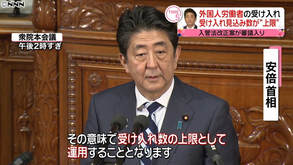 Source: www.news.goo.ne.jp
Source: www.news.goo.ne.jp Debate this week has mostly focused on the number of workers that will be allowed into the country. Under the proposal put forward by the government, the range of permitted professions will expand to 14 in number, with a first intake of between 3,300 to 4,700 workers starting in April 2019. By 2023 the government predicts that between 260,000 to 340,000 foreign workers will have been employed in Japan’s domestic industries. The problem here, however, is that according to the Ministry of Health, Labour and Welfare, Japan will have a shortfall in workers of around 1,300,000 to 1, 350,000 by 2023. The Ministry of Justice initially anticipated that Japan would need to admit 40,000 workers in the first year of the new program, which would then expand to 250,000, although these figures were never made public.
Hence the disparity in numbers will need to be met either by increasing the intake of foreign workers or changing regulations governing employment in Japan. Opposition parties in Japan are demanding that the government reveal how it intends to overcome the worker gap, particularly if it wants to boost worker numbers. The government itself has said that it is examining the prospect of a greater intake, although details of its policy have yet to be made public.
The issue of foreign labour in Japan is a contentious one for a number of reasons. Despite Japan benefiting from large influxes of immigrants from South America from the 1960s onwards, immigrants who were by and large of Japanese ancestry with some form of tangible link to the country, these immigrants still experienced difficulty in integrating with Japanese society. Japan, unlike other developed countries, does not have programs in place to deal with large scale immigration, and there aren’t enough NGOs available to cope with the needs of diverse immigrant communities. Japanese society itself is not in favour of an expanded immigration regime (although somewhat paradoxically a majority of Japanese also believe that immigrants help society by contributing their labour and skills).
Japan is coming to this issue somewhat late, given that declining productivity and the drop in the domestic working age population has been debated at length for over a decade. It is also competing against other countries around the region and world who have large scale immigration programs targeting manual labourers from developing countries, with some of these offering better working conditions and wages than can be found in Japan.
It is to the credit of PM Abe that he has been at the forefront of this initiative, and that he is using his renewed authority within the LDP to push for increased immigration. This policy, which is primarily aimed at insuring against any sharp downturn in Japan’s productivity over the long term, could have added benefits for Japan’s renewed focus on regional leadership as well. Since a majority of workers will be drawn from developing nations in the region, their acceptance will provide evidence of Japan’s desire to contribute to the well-being and technical progress of the region as a whole. While many challenges lie ahead, not least of which is getting a majority of Japanese society to accept the presence of larger numbers of foreign labourers in their midst, it opens the door to a potential resolution of Japan’s labour woes and a greater integration of Japan into the global labour market.
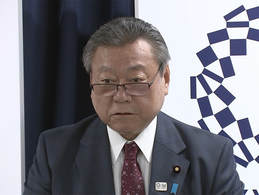
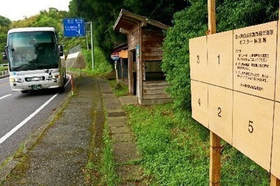
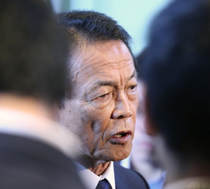
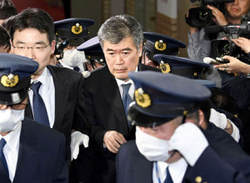

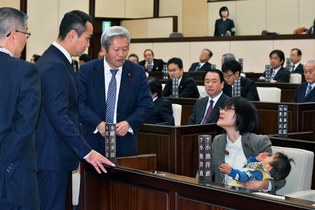

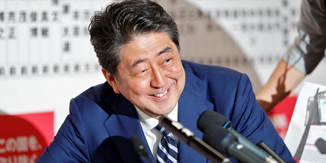
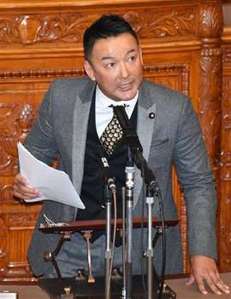
 RSS Feed
RSS Feed